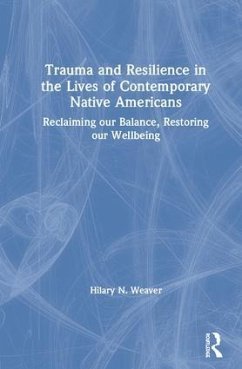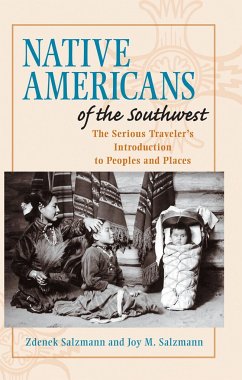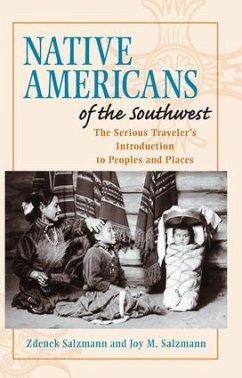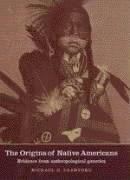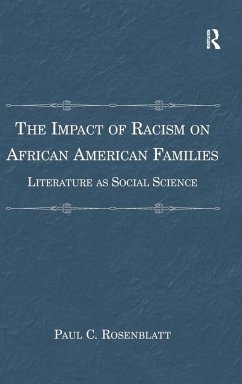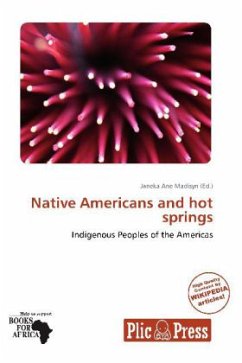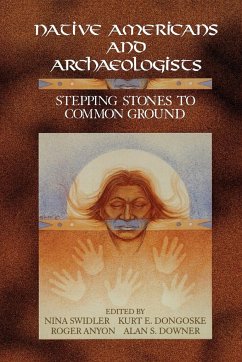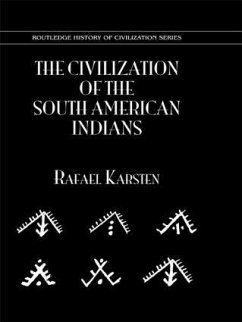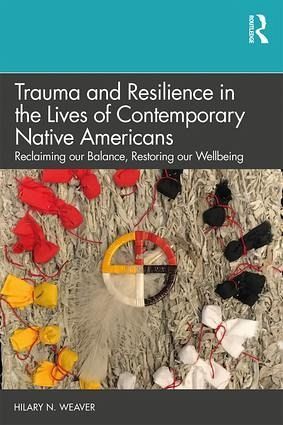
Trauma and Resilience in the Lives of Contemporary Native Americans
Reclaiming our Balance, Restoring our Wellbeing
Versandkostenfrei!
Versandfertig in 1-2 Wochen
50,99 €
inkl. MwSt.
Weitere Ausgaben:

PAYBACK Punkte
25 °P sammeln!
Indigenous Peoples around the world and our allies often reflect on the many challenges that continue to confront us, the reasons behind health, economic, and social disparities, and the best ways forward to a healthy future. This book draws on theoretical, conceptual, and evidence-based scholarship as well as interviews with scholars immersed in Indigenous wellbeing, to examine contemporary issues for Native Americans. It includes reflections on resilience as well as disparities. In recent decades, there has been increasing attention on how trauma, both historical and contemporary, shapes the...
Indigenous Peoples around the world and our allies often reflect on the many challenges that continue to confront us, the reasons behind health, economic, and social disparities, and the best ways forward to a healthy future. This book draws on theoretical, conceptual, and evidence-based scholarship as well as interviews with scholars immersed in Indigenous wellbeing, to examine contemporary issues for Native Americans. It includes reflections on resilience as well as disparities. In recent decades, there has been increasing attention on how trauma, both historical and contemporary, shapes the lives of Native Americans. Indigenous scholars urge recognition of historical trauma as a framework for understanding contemporary health and social disparities. Accordingly, this book uses a trauma-informed lens to examine Native American issues with the understanding that even when not specifically seeking to address trauma directly, it is useful to understand that trauma is a common experience that can shape many aspects of life. Scholarship on trauma and trauma-informed care is integrated with scholarship on historical trauma, providing a framework for examining contemporary issues for Native American populations. It should be considered essential reading for all human service professionals working with Native American clients, as well as a core text for Native American studies and classes on trauma or diversity more generally.





